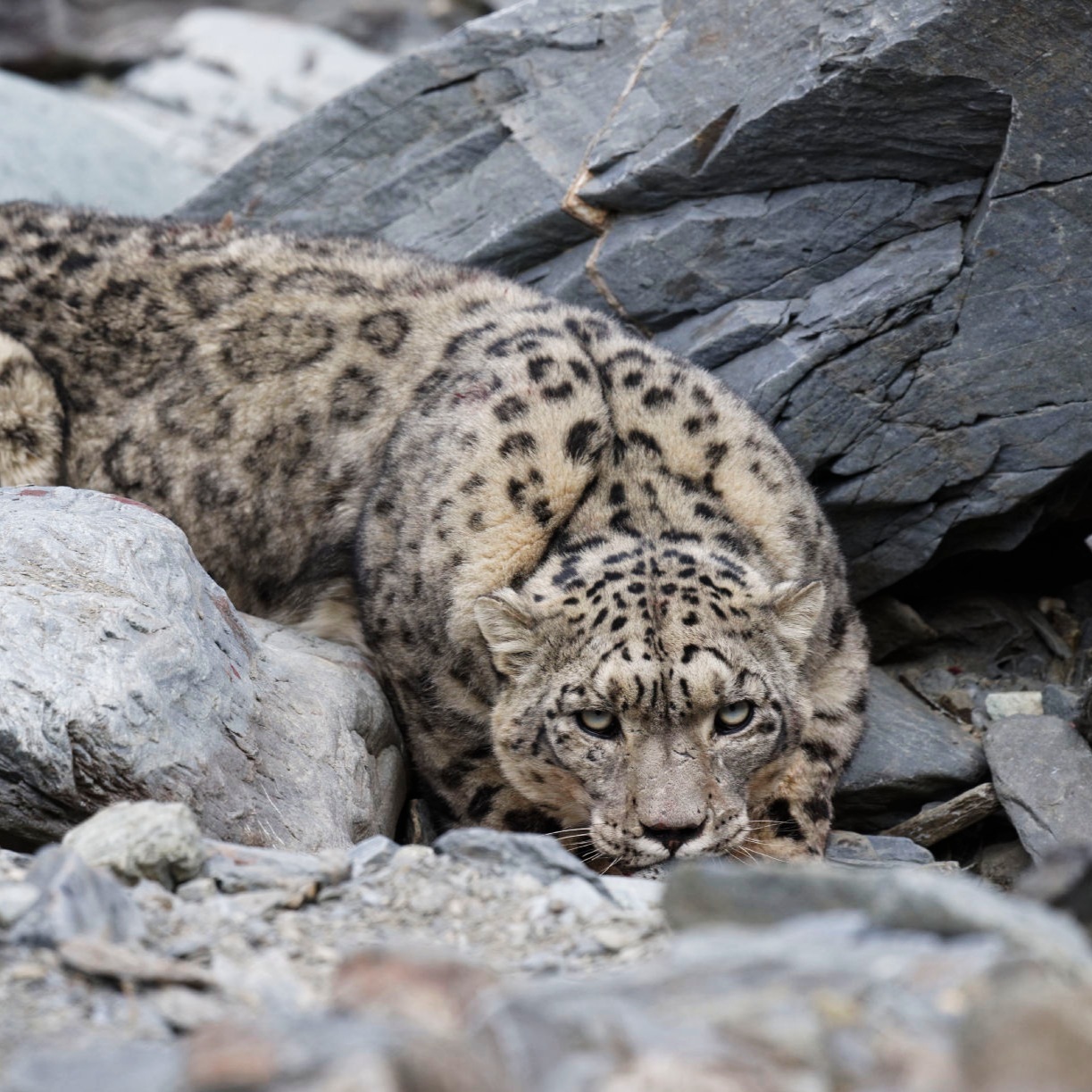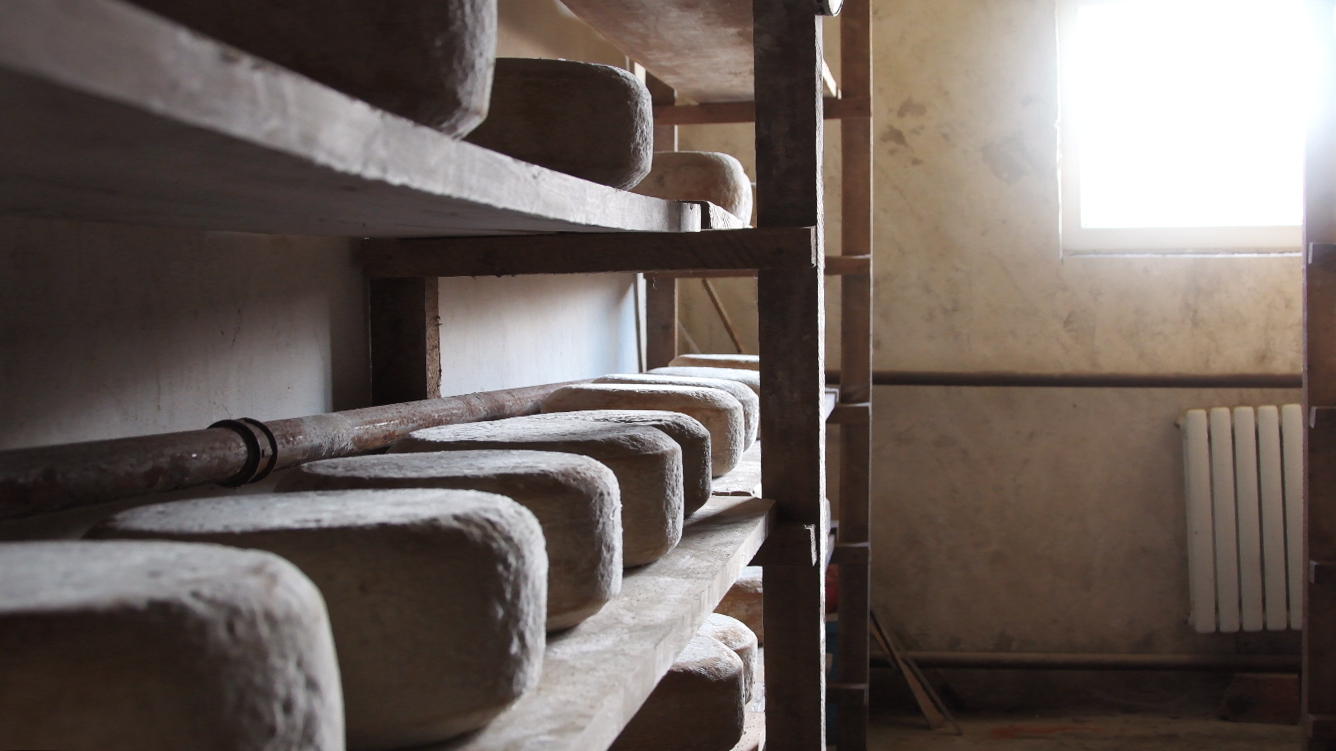




Intro
Working to ensure wildlife and wild lands thrive in modern Mongolia
Intro
Working to ensure wildlife and wild lands thrive in modern Mongolia
Protecting a diversity of wildlife and their habitats (humans included)
Rising majestically above low-lying steppe, the ice-capped mountains of the Mongolian Altai stretch down the western border of Mongolia and then curve eastwards in a giant arc above the Gobi Desert to link with the more scattered ranges of the Gobi-Altai.
The Altai Mountains are home to an incredible diversity of vulnerable species, including snow leopard, argali sheep, Siberian lynx, grizzly bear, wolverine, and lynx. Marmots, pikas and a host of small rodent species live on the alpine meadows. The steppe, under the watch of Saker falcons, lammergeier, black vultures, and Golden eagles, is home to Corsac and red foxes, Pallas’s cats, and other predators on the ground.

Wildlife
Wildlife
With its air of permanence and impregnability, the ecological fragility that is common to all high mountain ranges of the world is masked. Mongolia’s grasslands are under increasing threat from overgrazing and climate change. Critical to protecting these vital ecosystems are people. Sharing land for millennia, local communities and wildlife live alongside each other, leading to struggles for space. If people and wildlife can learn to live together both inside and outside protected areas - the future will thrive for both.

Herding
Herding
The Altai Institute uses innovative, community-driven approaches to conserve the wildlife, land, and culture of the Mongolian Altai. A pioneer in collaborative conservation, the Institute works closely with nomadic herders to promote sustainable grazing in Mongolia’s unique grasslands. The preservation of this nomadic tradition lessens the impact of overgrazing, and improves the quality of life for the local community and the wildlife of the Altai. Read more…




